A Grand Finale for Coal-Fired Power in Massachusetts
Brayton Point Station spewed toxic emissions for nearly 60 years. Today, the massive cooling towers finally came down, bringing us one step closer to the end of coal in New England.
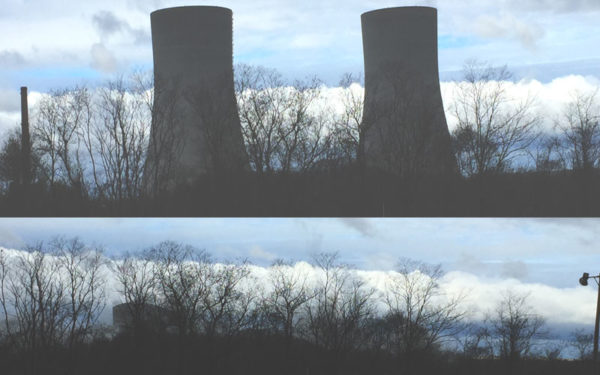
Brayton Point Station spewed toxic emissions for nearly 60 years. Today, the massive cooling towers finally came down, bringing us one step closer to the end of coal in New England.

Plastics are everywhere, and they aren’t all recyclable. Until there’s a new system that creates a structure for using less plastic from the beginning, here’s a handy guide to what can and can’t go in the bin.
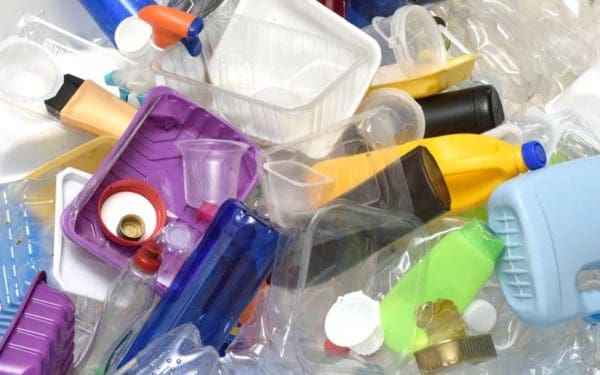
Check out the winning artwork from CLF and Bow Seat’s Healthy Whale, Healthy Ocean Challenge. This art contest invited K-12 students from the New England and Gulf of Maine regions in the U.S. and Canada to use their creative voices to highlight the critically endangered North Atlantic right whales and the need for conservation of marine ecosystems and resources.
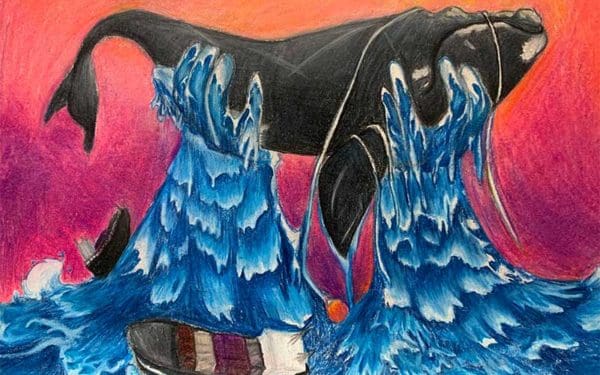
American recycling is in a crisis. But this crisis is a chance to create a better system for tomorrow. Today’s products and their packaging are often made from plastic and designed for disposal. By holding the producers of those products accountable for their polluting products, we can create a system that’s better for our communities and better for our planet.
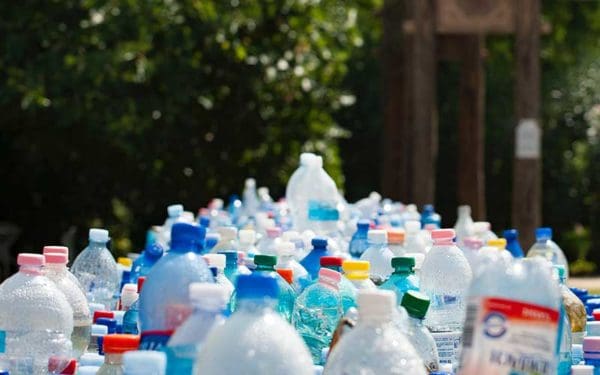
Coal plants pollute our air and waterways, and one of the last remaining coal plants in New England – Merrimack Station in Bow, New Hampshire – is doing just that. That’s why CLF and Sierra Club have joined together to sue the plant in federal court, to end its ongoing harm to the Merrimack River.
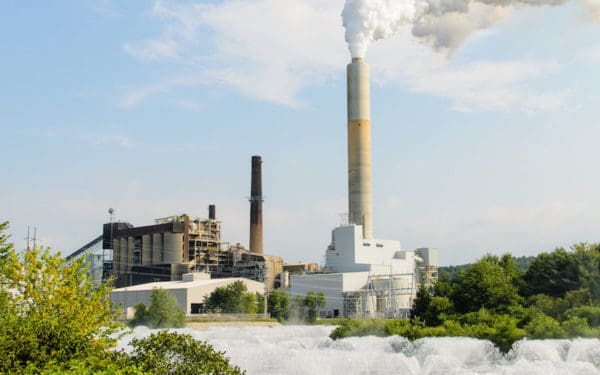
Seven new North Atlantic right whale calves are migrating with their mothers and other whales back up the east cost into New England and Canadian waters. But this journey is full of threats: ship strikes, noise pollution, and entanglement in fishing gear all threaten their survival. We must work to make our oceans a safe and welcoming place for right whales.
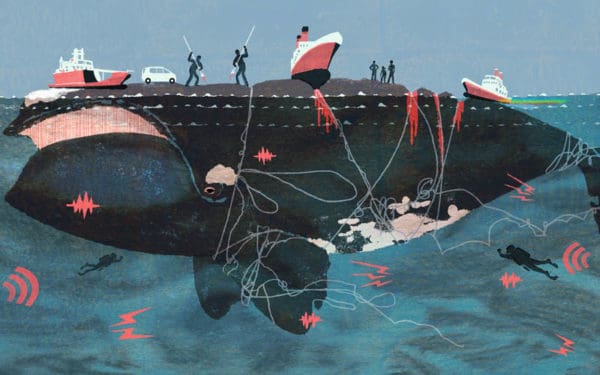
The Pease Development Authority has a Sept. 20 deadline to complete some terms of a settlement agreement with the Conservation Law Foundation that, if completed, will dismiss a federal lawsuit alleging stormwater from Pease international Tradeport pollutes area waterways.
This underwater mountain range faces mounting threats.

Since Sean Mahoney, CLF’s Executive Vice President, and his wife put a rooftop solar panel system on their barn, they’ve noticed a huge difference in their energy bills. All told, their annual energy costs have decreased by up to 80 percent! For the Mahoneys, installing solar panels was about both saving money on electricity and about reducing their carbon footprint.
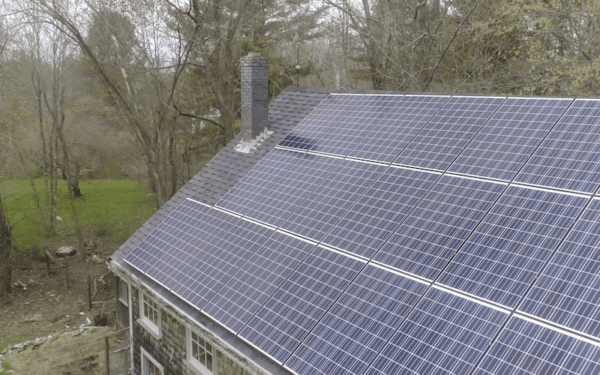
We’re striving to protect our children from this life-altering problem.
